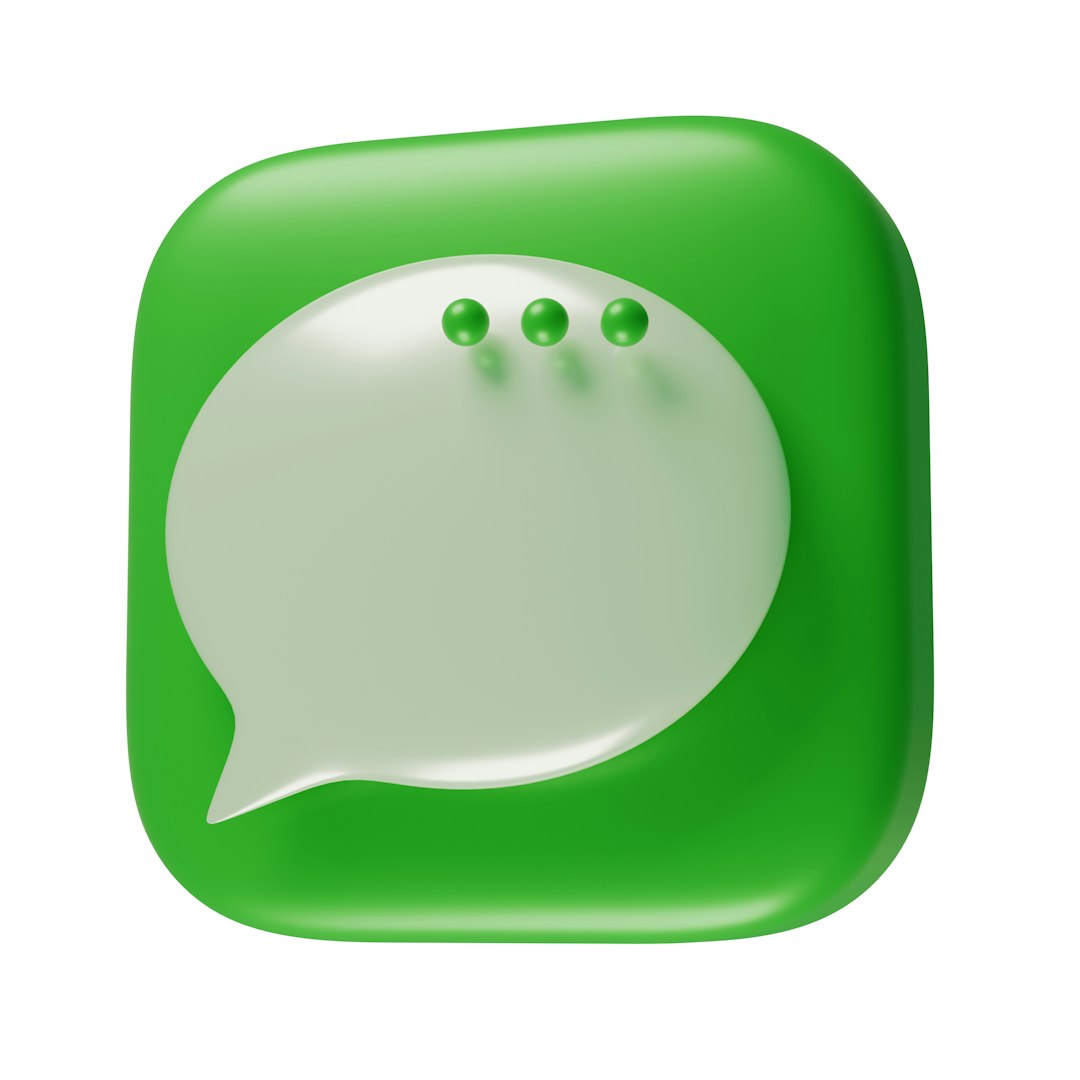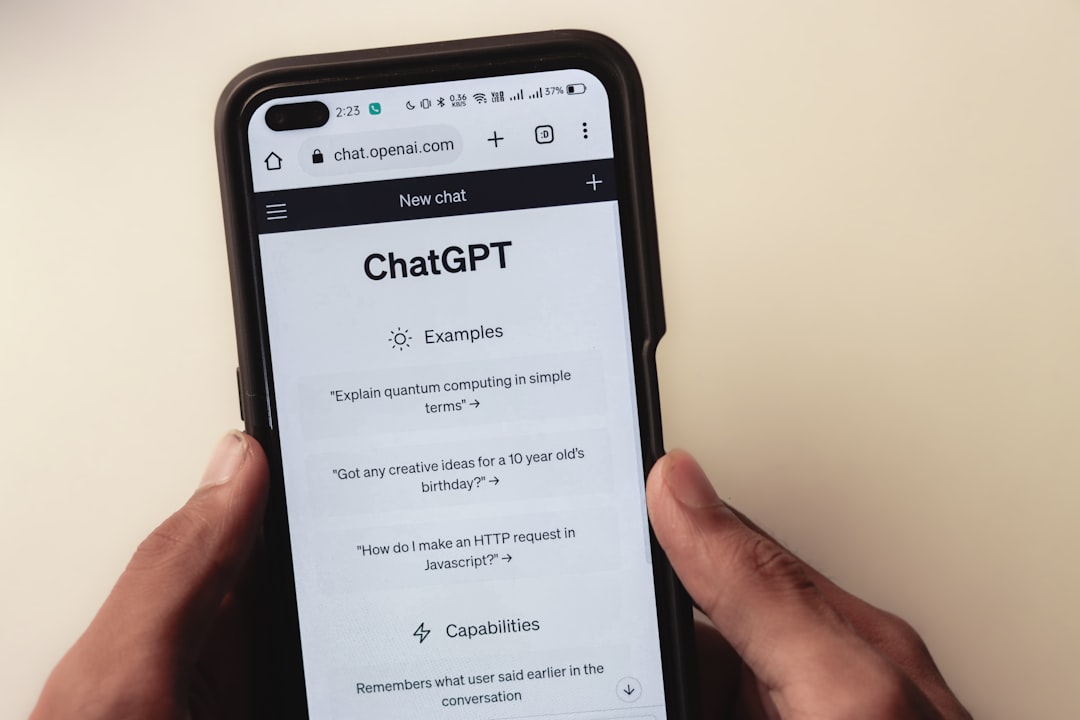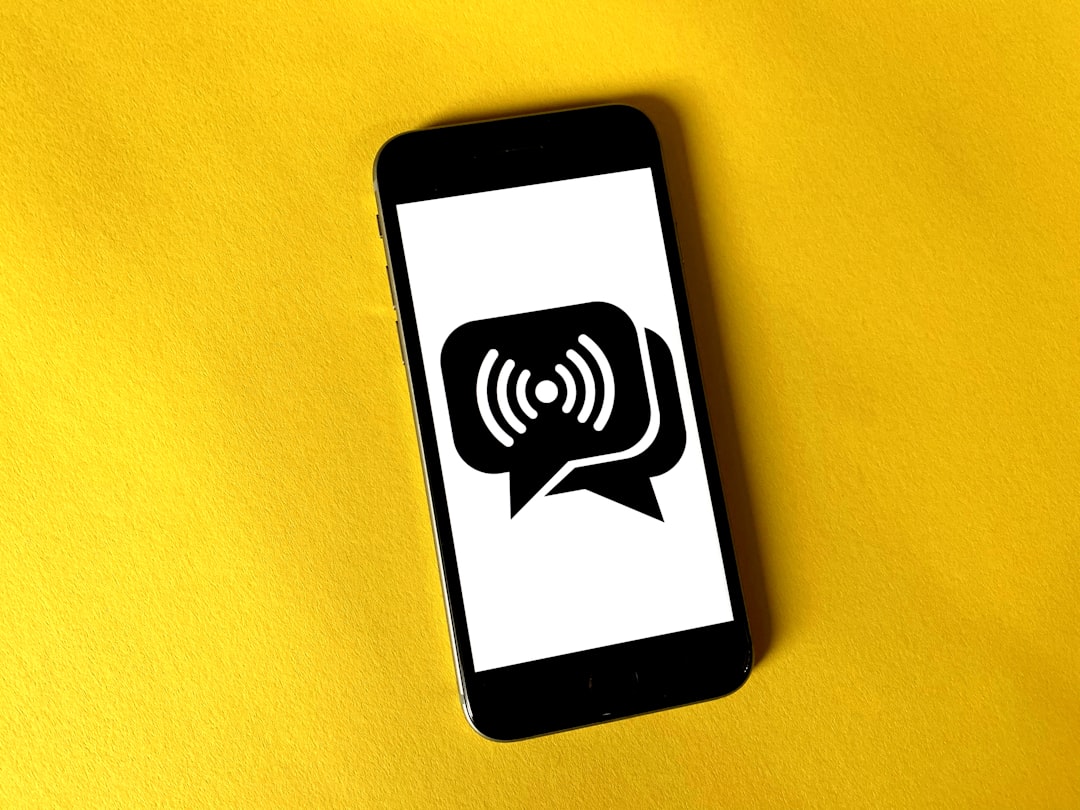
ChatGPT Therapist: What Reddit Users Need to Know About AI Mental Health Support
In recent years, Artificial Intelligence (AI) has infiltrated nearly every aspect of our lives—from smart assistants to self-driving cars. But one of the most sensitive and complex areas where AI is beginning to make waves is in the realm of mental health. Platforms like Reddit, which thrive on user-generated discussions, have become focal points for debates around the use of AI as a form of therapy. One of the most discussed tools today is ChatGPT, an AI developed by OpenAI that some individuals are turning to for emotional support and therapeutic guidance. Before considering ChatGPT as a substitute for professional mental health care, it’s crucial to understand its capabilities, limitations, and the ethical concerns involved.
Why Reddit Users Are Turning to AI for Mental Health Support
Reddit, a platform that hosts thousands of communities called “subreddits,” has many forums dedicated to mental health, such as r/mentalhealth, r/depression, and r/anxiety. In these online spaces, users often share their struggles, experiences, and advice. Increasingly, some are mentioning their use of ChatGPT as a form of coping or self-therapy.
There are several reasons why Reddit users may be exploring AI for mental health support:
- Anonymity: Talking to an AI provides a safe environment without fear of judgment or stigma.
- Accessibility: Unlike therapy sessions that require scheduling and often high fees, ChatGPT is available 24/7 at little to no cost.
- Immediate feedback: ChatGPT can offer instant responses, which may be comforting during moments of emotional distress.

What Is ChatGPT Capable Of in a Therapeutic Context?
ChatGPT uses advanced machine learning techniques and vast datasets to simulate human-like conversations. While it cannot “understand” emotions the way humans can, it can analyze prompts and generate responses that may appear empathetic or insightful. In mental health contexts, some users report feeling validated or even “heard” when conversing with ChatGPT.
Some potential uses of ChatGPT in this space include:
- Providing information on mental health topics, symptoms, and therapeutic methods.
- Offering journaling prompts or mindfulness exercises to help with self-reflection.
- Using Cognitive Behavioral Therapy-inspired phrasing to encourage reframing of negative thoughts.
However, it’s essential to remember that “seeming” competent is not the same as being qualified. Despite impressive outputs, ChatGPT is not—and never will be—a licensed therapist.
The Serious Limitations of AI as a Mental Health Tool
While the allure of using ChatGPT for mental health may be strong, especially for those in crisis or those lacking access to care, it’s crucial to understand its inherent shortcomings.
1. Lack of Emotional Intelligence
Despite sounding empathetic, ChatGPT does not truly comprehend feelings. It cannot gauge your emotional state beyond the text you provide nor adapt its responses based on real emotional input.
2. No Professional Qualifications
ChatGPT is not trained as a psychologist or counselor. It operates from pattern recognition and cannot diagnose, treat, or assess mental conditions in any medically valid way.
3. Risk of Harmful Advice
Even with filters and safety mechanisms, ChatGPT might produce responses that are inappropriate or misleading. In rare cases, it could even reinforce harmful behaviors or thoughts unintentionally.

4. Lack of Confidentiality Guarantees
Although OpenAI emphasizes privacy, user interactions may still be stored or reviewed to improve AI performance. This contrasts heavily with the legal confidentiality upheld by licensed mental health professionals.
When Artificial Intelligence Helps—and When It Doesn’t
Using ChatGPT as a supplementary support tool might have some merit in non-critical situations. For instance, people benefiting from journaling or those who need a sounding board for rational thinking might find temporary relief through structured conversations with the AI.
That said, ChatGPT should not be considered in the following scenarios:
- Crisis situations involving thoughts of self-harm or suicide
- Diagnosis or treatment of mental disorders
- Substitute for qualified human interaction, especially if professional therapy is recommended
If you or someone you know is in crisis, relying on an AI chatbot is not only inadequate—it could be dangerous. Immediate help from a therapist, counselor, or mental health hotline is essential in such cases.
The Ethical Debate: Is It Safe or Irresponsible?
One of the most significant concerns debated among Reddit users and mental health professionals is the ethics of AI in therapy. While OpenAI openly states that ChatGPT is not for medical or therapeutic use, the onus is on users to interpret that warning accurately. Unfortunately, many may not fully understand the limitations or may try to “hack” the system into giving more personal or directive advice.
Some key ethical concerns include:
- Consent: Users often don’t realize their conversations might be reviewed by humans for training purposes.
- Boundaries: ChatGPT doesn’t know how to set or respect therapeutic boundaries, a cornerstone of effective counseling.
- False Sense of Security: Users might delay seeking real help, believing the AI is “good enough.”
For Reddit users regularly engaged in subreddits centered on mental health, this raises a pressing question: Are we normalizing AI therapy without recognizing its constraints?
How to Use ChatGPT Responsibly for Mental Wellness
If you choose to use ChatGPT in your mental wellness journey, it should only be as a supplementary tool. Here are some guidelines for responsible use:
- Set expectations: Understand that ChatGPT is not a therapist. Use it for information or self-reflective questions—not for treatment or diagnosis.
- Cross-check information: If ChatGPT offers advice or strategies, verify them with reputable sources or mental health professionals.
- Use it for structure, not dependence: Create routines with its help (like journaling or setting reminders), but don’t let it replace human connection.
Resources Beyond ChatGPT
If you’re dealing with persistent emotional struggles, professional help is irreplaceable. Fortunately, there are many accessible resources that Reddit users often commend:
- International suicide crisis lines directory
- BetterHelp (Online therapy platform)
- TherapyDen (Inclusive therapist search tool)
- r/therapy subreddit for peer support and therapist-finding advice
Most importantly, use ChatGPT and similar technologies as one part of a diversified support system—not the foundation of your mental health care.
Conclusion
ChatGPT offers a glimpse into what the future of AI-assisted mental health might look like. For Reddit users and beyond, it can serve as a conversational partner, an organizer of thoughts, and even a temporary companion during lonely moments. But it is not a substitute for clinical help, nor should it be treated that way.
Ultimately, responsible use—combined with clear understanding of its capabilities and limitations—can help people benefit from ChatGPT without putting their mental health at risk. As with any new technology, education is key. The mental wellness community on Reddit and elsewhere must critically evaluate how AI fits into the broader landscape of human care and emotional support.